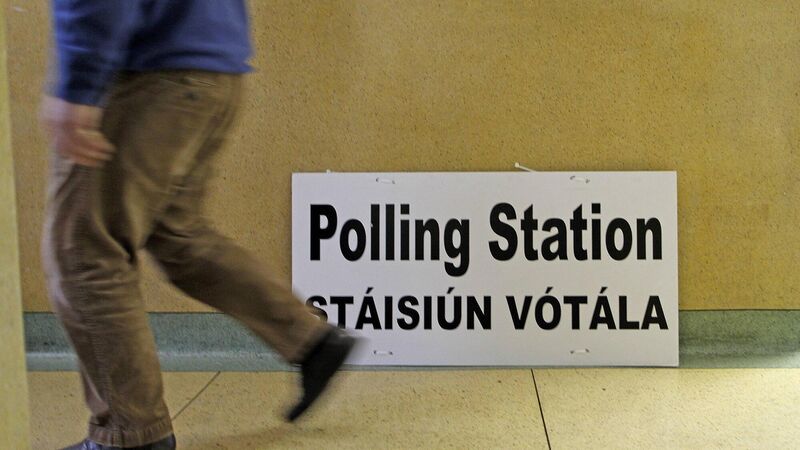Public will need time to consider 'women in the home' referendum changes

The assembly's recommendations included removing 'the limits on women’s role, to value and recognise care in the home and the wider community; and to protect all families equally'.
The director of the National Women's Council of Ireland (NWC) has said the wording of a referendum into the role of women in the home needs to be well thought out and that sufficient time must be given for the public to consider any proposed changes.
In March this year, Taoiseach Leo Varadkar and Integration Minister Roderic O'Gorman announced a referendum on gender equality and removing a Consitutional reference to a woman's place being in the home on foot of recommendations from the Citizens' Assembly on Gender Equality.










